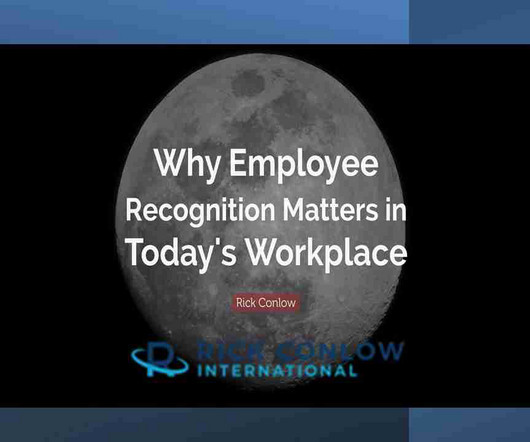The key to becoming a learning organization
Asamby Consulting
JULY 13, 2022
If know-how is constantly added to the organization's collective memory, it can improve effortlessly over time High autonomy. If the organization is self-learning, there's no external driver necessary to push trough process improvements etc. A good examples is really every process improvement. Nobody likes to fail.



















Let's personalize your content